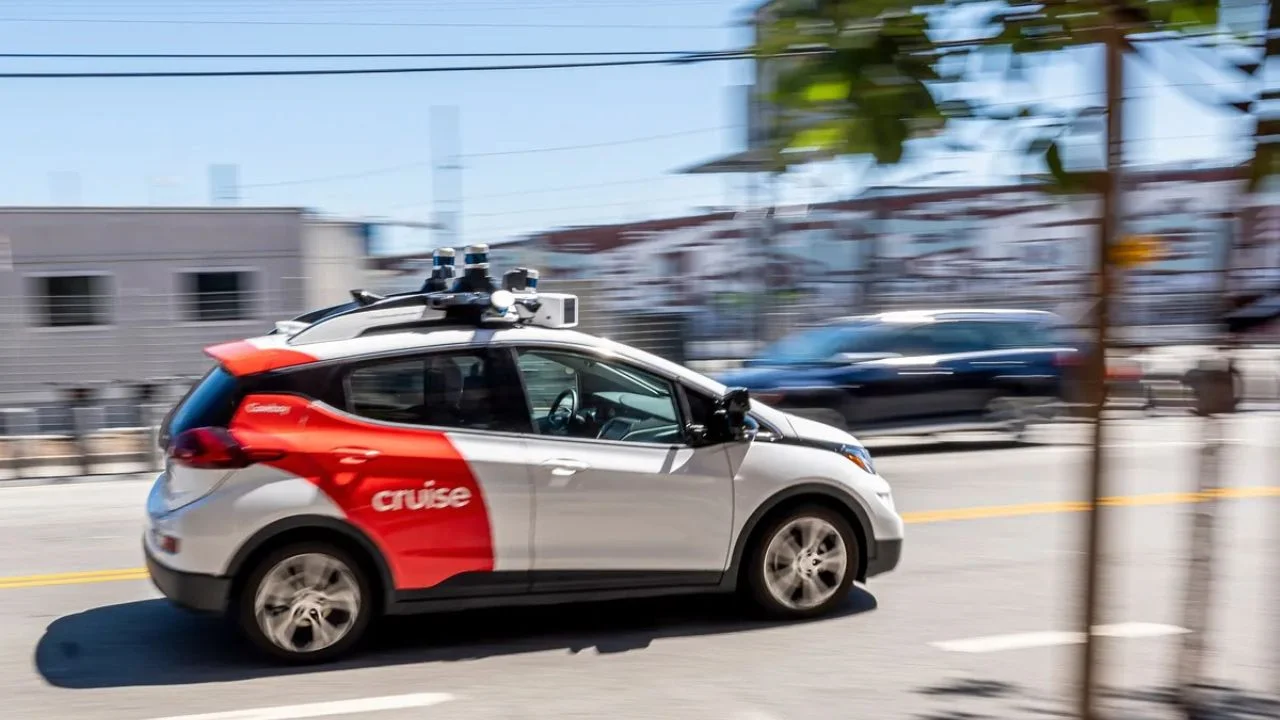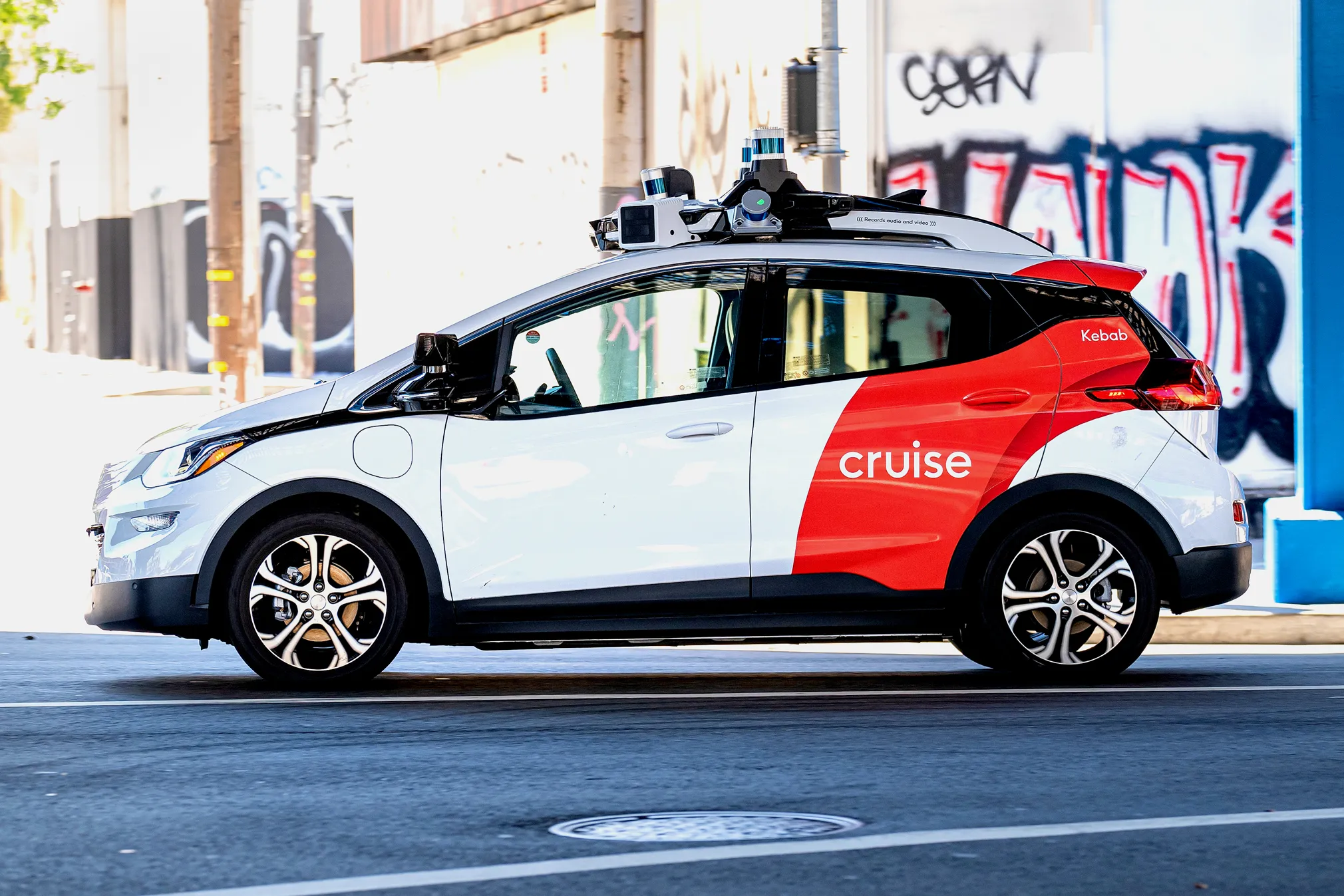General Motors is revving up its driverless vehicle ambitions once again more than a year after halting production of the Cruise Origin robotaxi in the wake of a serious crash that left a pedestrian injured.
The automaker confirmed on Monday that it is officially restarting work on autonomous technology, but this time with a different target in mind: personal self-driving cars rather than commercial ride-hailing fleets.

“We’re accelerating the development of autonomous driving technology capable of operating without active human oversight, which includes building a team of autonomy experts,” GM said in a statement.
“Our LiDAR-equipped fleet is logging nationwide miles across the country, with trained safety drivers, capturing real-world insights to build simulation models that will guide development.”
Hands-Free Now, Driver-Free Later
Sources told Bloomberg the company’s immediate focus will be on creating vehicles that can drive hands-free and eyes-free while still having a human in the driver’s seat. Over time, the goal is a car that needs no one at the wheel.
The push is being led in part by Sterling Anderson, a former Tesla Autopilot chief who joined GM earlier this year. In a private employee meeting on August 6, Anderson reportedly described autonomy as “the future” and emphasized plans to recruit both former Cruise talent and new hires for the initiative.
From the Cruise Origin to the Chevrolet Bolt

GM had originally envisioned the Cruise Origin as its flagship driverless taxi, but mounting regulatory hurdles and the fallout from a high-profile October 2023 incident — in which a Cruise robotaxi struck and dragged a woman about 20 feet forced the company to rethink.
CEO Mary Barra told shareholders in July 2024 that GM would be simplifying “their path to scale by focusing their next autonomous vehicle on the next-generation Chevrolet Bolt, instead of the Origin,” citing lower per-unit costs and a clearer regulatory pathway. She added that the change would help GM “optimize its resources.”
Financial and Reputational Setbacks
In January 2024, GM announced it would slash Cruise’s budget in half, a cut of about $1 billion, as it sought to rebuild the troubled division. The company had already paused the Origin program indefinitely and dismissed several top executives.
According to an internal analysis commissioned by GM, the 2023 pedestrian accident was caused by a series of technical failures, delivering a significant blow not only to Cruise but to the broader autonomous driving industry. The crash triggered a Justice Department investigation and renewed public scrutiny over the safety of driverless technology.



